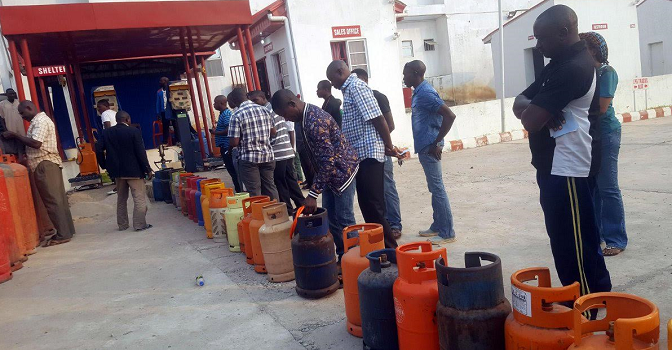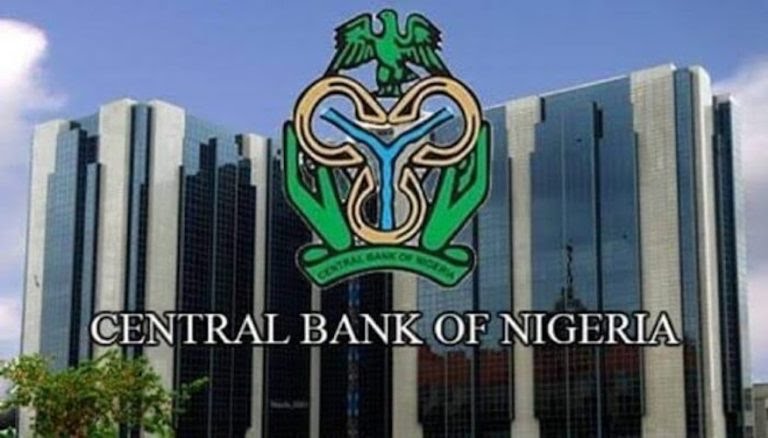
With 6 Months to Go, Only Six Listed Banks Have Met CBN Recapitalisation Target
- Business
- 14.09.2025
- No Comment
- 52
With 6 Months to Go, Only Six Listed Banks Have Met CBN Recapitalisation Target
With the March 2026 deadline now just six months away, only six out of the 13 listed banks on the Nigerian Exchange (NGX)
have successfully met the new capital thresholds. These include Access Bank, Zenith Bank, GTBank, Wema Bank, Jaiz Bank, and Stanbic IBTC.

The recapitalisation policy, announced in March 2024, was introduced to strengthen the financial system, increase banks’ resilience,
and align Nigeria’s banking industry with global standards. However, the slow pace of compliance among several listed banks is raising
concerns about potential mergers, acquisitions, or license downgrades.
Related News: Recapitalisation: Five Banks Hit CBN Target Ahead of Deadline
Central Bank Of Nigeria (CBN) launches Nigeria payments system vision 2028
GTCO Injects N365.9bn Into GTBank to Meet CBN Capital Requirement
- International Banks: N500 billion minimum capital requirement.
- National Banks: N200 billion minimum capital requirement.
- Regional Banks: N50 billion capital floor.
- Non-Interest Banks: N20 billion (national) and N10 billion (regional) requirements.
The apex bank gave financial institutions two years to comply, setting March 2026 as the deadline.
The recapitalisation policy mirrors the historic banking reforms of 2004, which reshaped Nigeria’s financial sector.
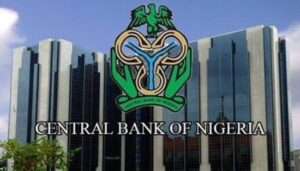
The Six Listed Banks That Met CBN’s Target
Below is a breakdown of the six listed banks that have crossed the capitalisation milestone, positioning themselves
ahead of the March 2026 deadline:
1. Access Bank
Access Bank was the first tier-1 lender to meet the N500 billion requirement for
internationally licensed banks. Through its parent company, Access Holdings, the bank launched a
N351 billion rights issue in December 2024 after securing regulatory approvals.
By year-end 2024, the bank’s financial statements showed that its share capital and premium rose to N594.90 billion,
up from N251.81 billion in 2023. This reflects an increase of over N343 billion in additional capital. Furthermore,
its outstanding shares rose to 53.318 billion units, up from 35.55 billion, as a result of issuing
17.773 billion new shares.
Access Bank’s compliance demonstrates investor confidence and highlights its strategy of early action
in strengthening its capital base.
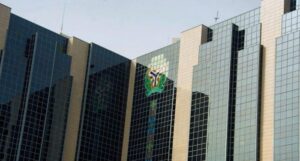
2. Zenith Bank
Zenith Bank Plc followed closely, raising over N350 billion through a combined
rights issue and public offer. This brought its total capital base to N614.65 billion,
comfortably surpassing the CBN’s international benchmark.
With strong profitability, a dominant market share, and robust investor backing, Zenith has positioned itself
as one of Nigeria’s most stable and capitalised banks.
3. Guaranty Trust Bank (GTBank)
GTBank, operating under its holding company GTCO, also met the N500 billion target.
In July 2024, the group raised N209 billion through a public offer. It further complemented this
with international market fundraising efforts in 2025, targeting an additional $100 million via
a listing on the London Stock Exchange.
This strategy ensured GTBank not only complied with CBN’s recapitalisation directive but also positioned itself
for growth in digital banking, regional expansion, and enhanced shareholder value.
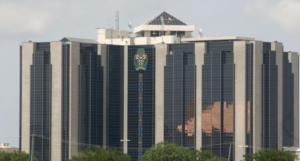
4. Wema Bank
Wema Bank, one of Nigeria’s oldest banks, has successfully raised the N200 billion
required for national banks. Through a N150 billion rights issue and additional private placements,
Wema closed its capital gap and secured its future as a strong mid-tier player in the industry.
Wema’s compliance is particularly significant as it underscores the role of smaller but innovative banks
in driving financial inclusion through digital channels like ALAT.
5. Jaiz Bank
Jaiz Bank, Nigeria’s pioneer Islamic bank, has also achieved compliance. In early 2025, the bank
secured N10.04 billion through a private placement, boosting its capital base beyond the
N20 billion minimum for national non-interest banks.
This milestone reflects growing investor confidence in non-interest banking, which is increasingly
gaining traction among Nigeria’s diverse population.
6. Stanbic IBTC
Stanbic IBTC, backed by Standard Bank Group of South Africa, has also crossed the
N200 billion capital threshold. Its strong balance sheet, foreign backing, and diversified
financial services model gave it a unique advantage in achieving recapitalisation early.
With robust support from its parent company, Stanbic IBTC has positioned itself as one of the most stable
and internationally connected banks in Nigeria.
Implications for Banks Yet to Meet the Target
Out of the 13 listed banks, seven are still racing against time to meet the March 2026 deadline.
These include tier-2 and tier-3 institutions with smaller capital bases. Industry experts predict that mergers
and acquisitions will play a significant role in closing the gap for these banks.
Union Bank, Polaris Bank, and Keystone Bank, for instance, are under government oversight and
have yet to announce concrete recapitalisation strategies. Smaller banks may face license downgrades
or consolidation if they fail to raise adequate capital.
A stronger capital base across the industry will improve investor confidence, expand lending capacity,
and enhance the sector’s ability to withstand economic shocks.
However, in the short term, banks that are lagging behind may face significant pressure, especially amid
volatile foreign exchange markets and tighter global capital conditions.
by meeting the CBN’s recapitalisation thresholds. Access Bank, Zenith Bank, GTBank, Wema Bank, Jaiz Bank,
and Stanbic IBTC now stand ahead of the curve, while others continue their capital-raising efforts.
The recapitalisation exercise will ultimately strengthen Nigeria’s financial sector, but it may also trigger
significant industry consolidation. As the deadline approaches, stakeholders will be closely
monitoring how the remaining banks navigate the final phase of this historic financial reform.


